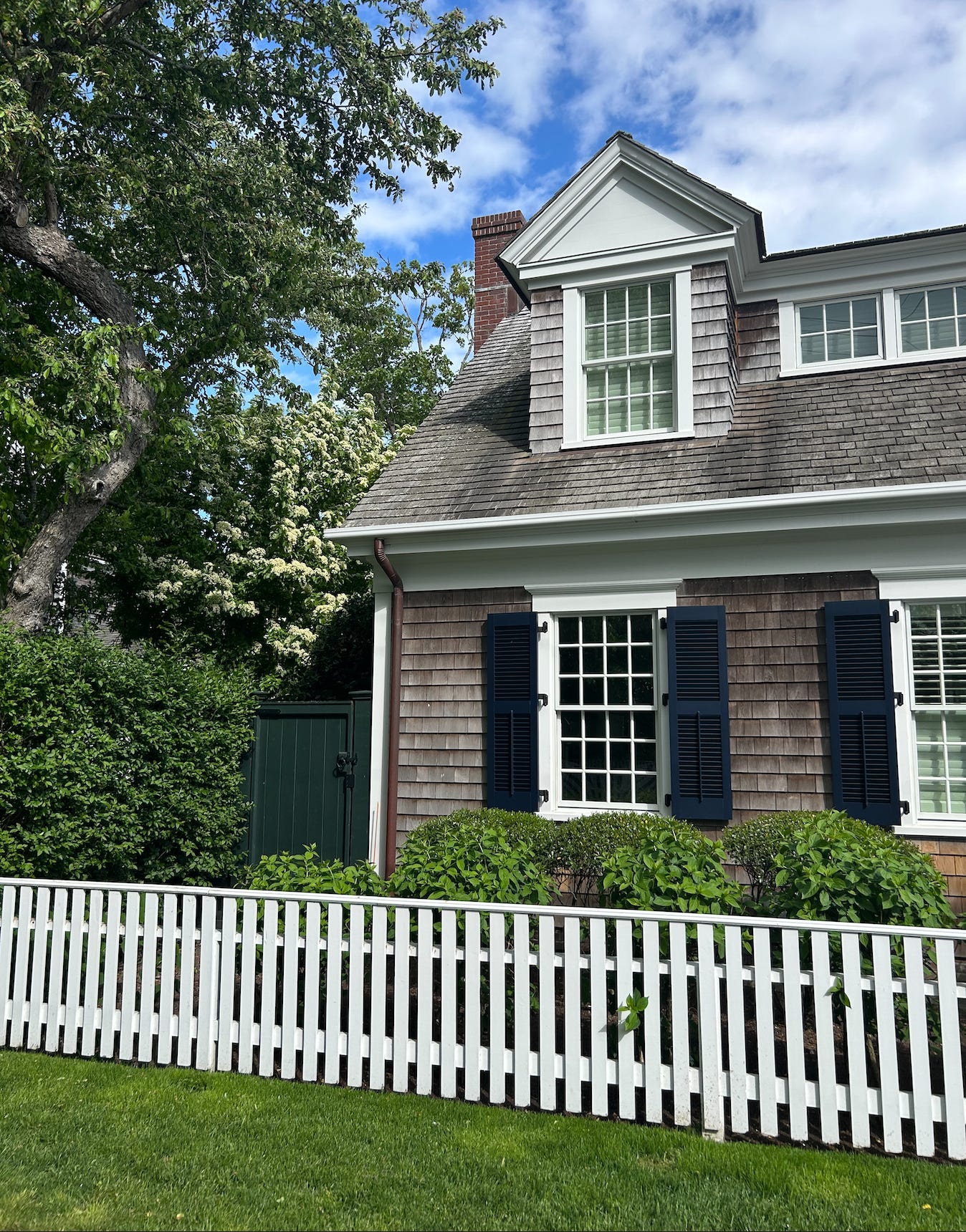🤔 10 Things I Wish I Knew About Martha’s Vineyard Sooner
A few things I’ve learned, plus advice crowdsourced from longtime islanders
Some lessons you only learn after living on Martha’s Vineyard for a while. Here are ten things locals say they wish they had known earlier. These aren’t complaints, they’re practical FYIs from people who love the island deeply but want you to know the FULL picture.
💸 It’s Like…Really Expensive
The top crowdsourced answer to this question is that many pe…



